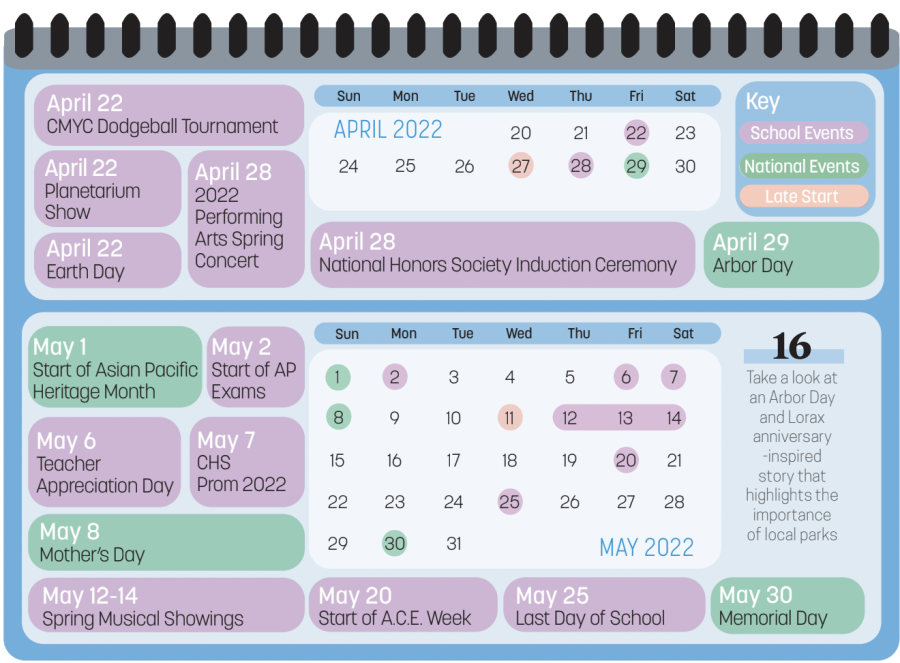
The movie poster is simple enough—graffiti on a wall boldly proclaims, “GOD’S DEAD,” while a lone boy tacks a sheet of paper reading “NOT” between the two words to alter their meaning completely—but the concept it brings up is anything but. When “God’s Not Dead” came to U.S. theaters on March 21, it became one of several films coming out in the past few months that holds religion, in particular Christianity, at its center. Although freedom of religious expression is an established principle of American society, with the most recent poll demonstrating that 78 percent of Americans identify as Christian, the portrayal of Christianity in the media remains a difficult subject for Christians and non-Christians alike, due to the highly personal nature of religious faith.
Junior Julia Mentz, who identifies herself as Christian, said she enjoyed the movie “God’s Not Dead.”
“I liked what I thought the purpose of the movie was, which was to address doubts that some people have about God sometimes. I thought it was filmed in an interesting way and maybe was a little bit cheesy, but I liked it,” she said.
According to Mentz, her religion’s portrayal in the media varies to include both the very positive and the very negative ends of the spectrum.
“I guess one common way (religion appears in the media) is through the political debates that are going on, because in things like gay rights or abortion, people’s religious views come up a lot,” she said. “On the political side of things, religion often comes up in a negative way, I think, because people use their beliefs in hateful ways or else are condemned when they try to display them respectfully. But I also think that in the media, sometimes there is a culture of openness toward what everybody thinks, and so I think people feel free to share what they believe, but there’s a lot of controversy, obviously.”
According to Mentz, this results in her concern that people will judge all Christians as the same based on what they hear about Christianity in films, books and the news.

“I want to avoid making any blanket statements, but I would say for me usually, when I hear debates that involve people’s religious views, I feel a little bit tense because religion is really important to me, and what I believe is important to me, and I sometimes become nervous that somebody will say something about Christianity that won’t be what I think, and that people will judge all Christians as thinking the same thing. I often wish there was a way I could share my beliefs with everybody without having to worry about offending anyone or anybody having an opinion already formed about what they think I believe,” she said.
“Even when people make an attempt to display religion or Christianity in a positive light, I sometimes still wonder if it’s going to be exactly what I believe, and I still wonder if people are going to question my beliefs based on what people say all Christians believe, so even in a positive light, sometimes it makes me wonder,” she said. “But I appreciate any attempt to make anybody’s views seem relatable to others, because I think understanding is important.”
According to Courtney Qualls, CHTV station manager and broadcasting instructor, teenagers are especially influenced by what they hear on the media, due to the fact that they are still formulating their identities and beliefs in their high school years.
“(Teenagers) are looking for something to believe in, and a lot of times, being a teenager, you’re kind of in an area where you’re maybe feeling lost. It’s a time for that exciting adventure when you’re exploring and figuring out who exactly you are and what your beliefs are and what your ideals are,” she said. “Social media is a huge influence in either helping or hindering teenagers.”
This susceptibility of teenagers, she said, allows the media to affect them in a variety of ways when it comes to religion.
“I think (the portrayal of religion) really depends where you look and what religion you’re looking at. I see a lot of positive, and I see a lot of negative. After (9/11), we saw a lot about the (Islamic) faith and culture negatively, but I don’t necessarily see one predominantly as far as bad or good. I think I see a good mixture of both,” she said. “I think a negative portrayal of religion is a combination of people who are ignorant, people who have been burned by a certain religion and people who just want to be that person to speak out against something, so they choose that. As far as good, I think there are people out there that want to spread something they believe in, and this is something they hold onto that they let govern their life, and this really defines who they are, and they really just honestly want to spread that to other people.”

Muslim and senior Sayema “Syma” Bari, on the other hand, said she tends to see an overwhelmingly negative image of religion in the media rather than a balance between positive and negative.
“I often see (religion) being ripped apart by the media,” she said. “It takes the not-so-glamorous part of it and not only emphasizes it to no end but also twists it. It has made a stereotype for all these religions that masses learn, which for anyone is disturbing.”
According to Bari, this results in pain for people whose religions are inaccurately shown.
“It’s hurtful sometimes. No matter what religion, it’s a part of someone, and it’s going to hurt them or make them angry, which leads to many things, none of which is good or religious. It turns into politics,” she said.
Bari said the media has the power to educate, inform and entertain, as well as the potential to be used for propaganda. According to her, those who work in that field therefore have a responsibility to be respectful of others’ beliefs in educating them about religions.

“(Popular media can be respectful) by showing the truth and not bending it to fit (its) criteria for entertainment,” Bari said.
Similarly, junior Michaela Szabo said she sometimes feels misrepresented in the media and disappointed by its portrayal of her faith, something she said she sees as a personal journey rather than a topic appropriate for mass media consumption.
“I believe that everybody should learn about and try to understand other belief systems and perspectives, and these movies definitely help explain the viewpoints of some individuals, but it is also my impression that mainstream Christian views are more moderate and less condescending than these films would make them out to be, so it makes me a little sad that this is what the world sees of us. I would just like to remind people that religion is a highly personal subject and that every individual interprets it a little differently,” Szabo said.
Mentz said she agrees with Szabo in that religion is ultimately a personal matter, a lesson she said she has learned from her own exploration of her faith.
“The most important thing I’ve learned from diving into my faith has been that Jesus is personal, and there’s nothing wrong with doubting. One of the things that has been important to me in discovering what I really believe is the way I feel Jesus has spoken to me personally and the way I’ve seen God’s presence in my life in ways that make me really believe God knows me and is looking out for me specifically,” she said.
However, she said, despite the personal nature of religion, Christianity should have a presence in media so that it can reach many people at once.
“Addressing, for example, the movie ‘God’s Not Dead,’ it does speak to many people at once about the idea of religion, but I think that in the movies, they tried to address many specific situations that different people were going through. They followed the roads of a few different people and the ways that they were struggling and the ways God was present in that,” she said. “I think any book we read in school, it can be personally related to each person. They don’t have to say in the movie something specific to you for what they’re saying to resonate with you and for you to see God working in your life personally.”

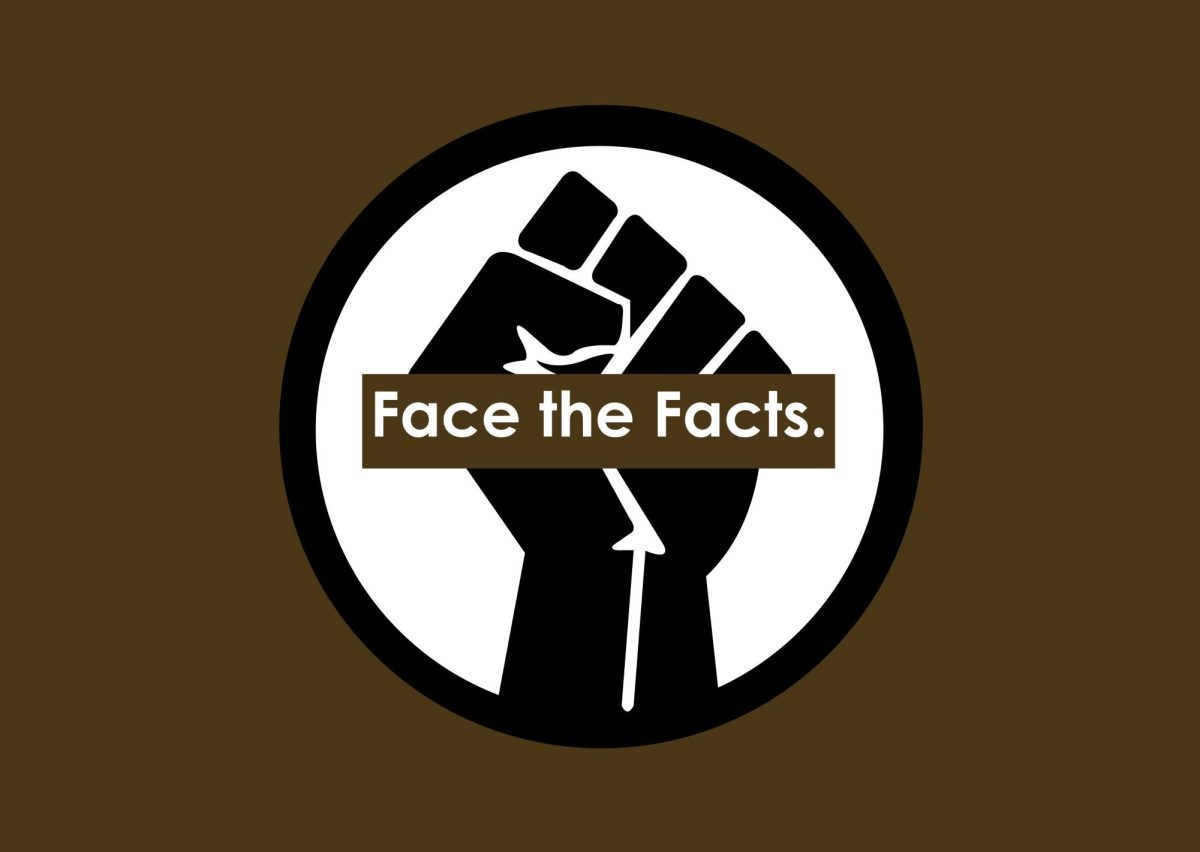








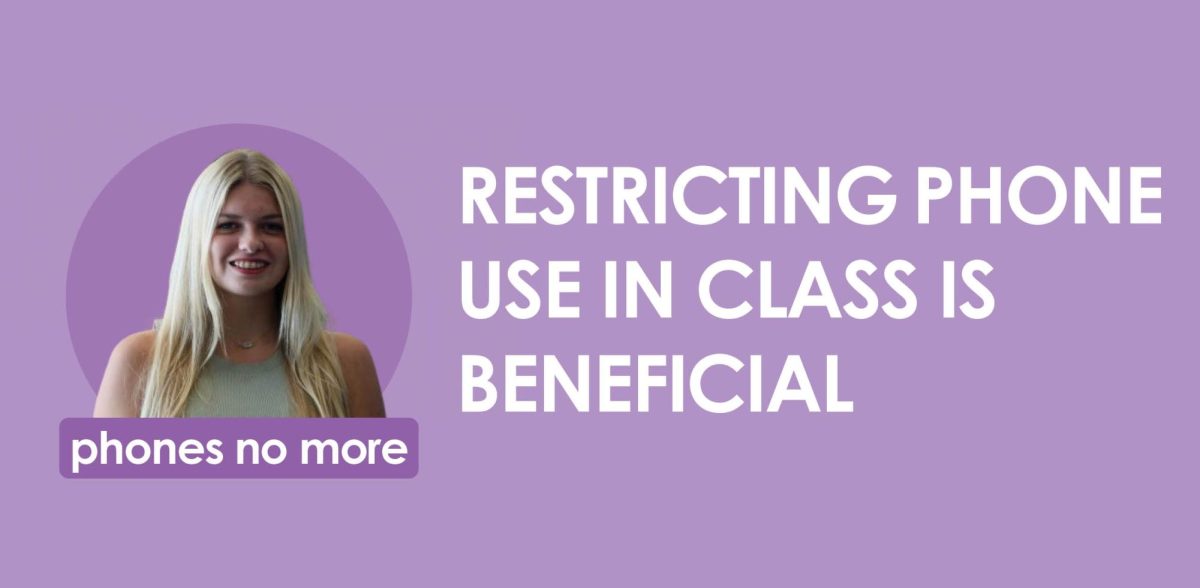
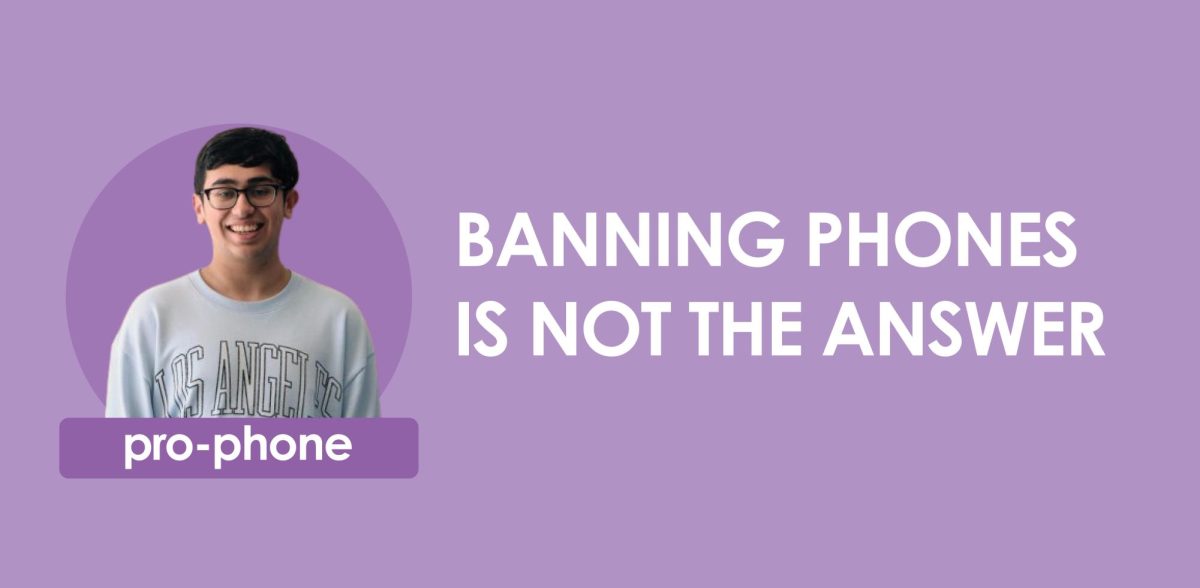
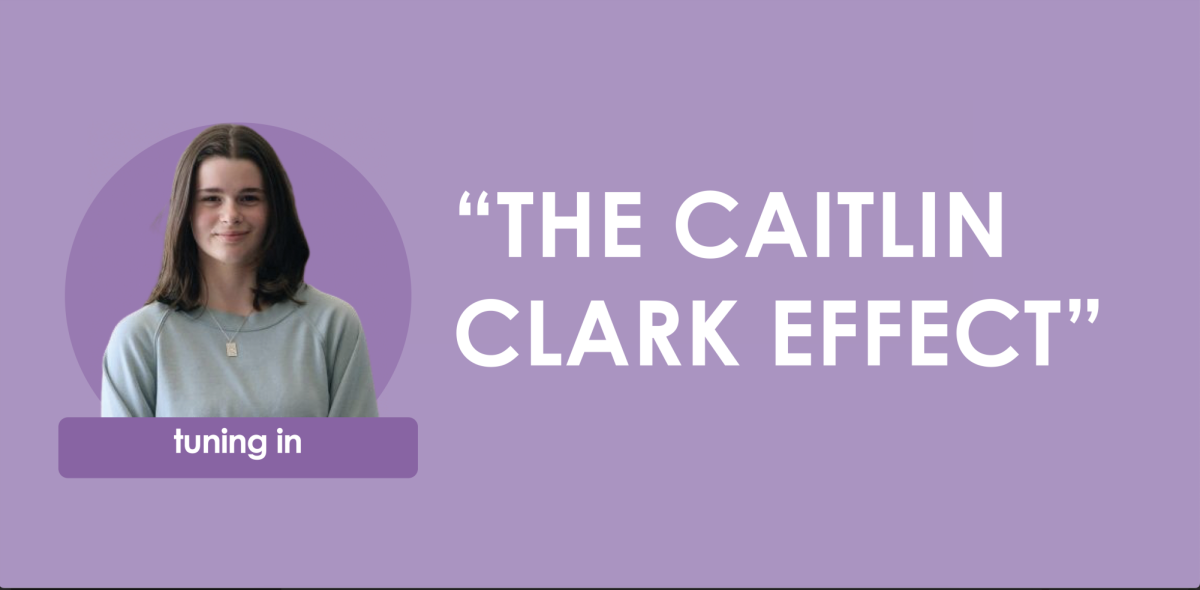
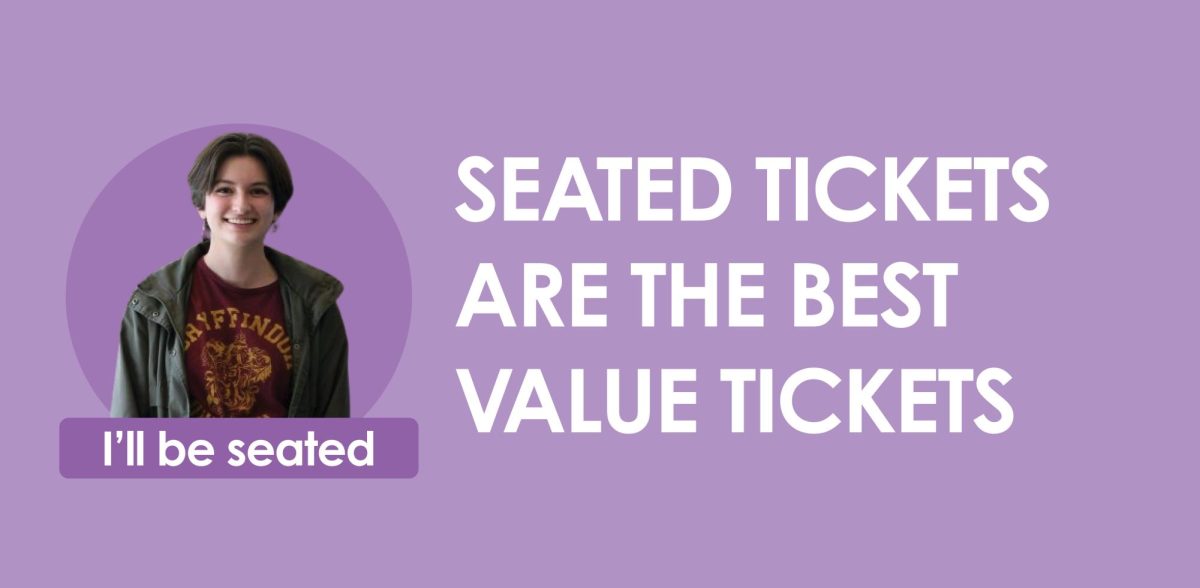
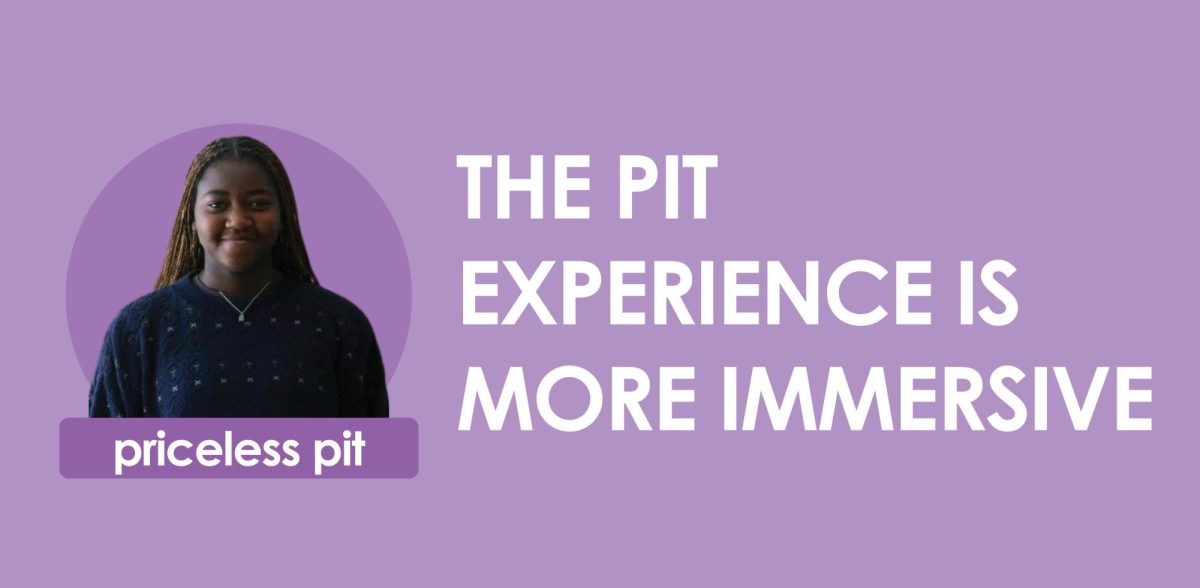





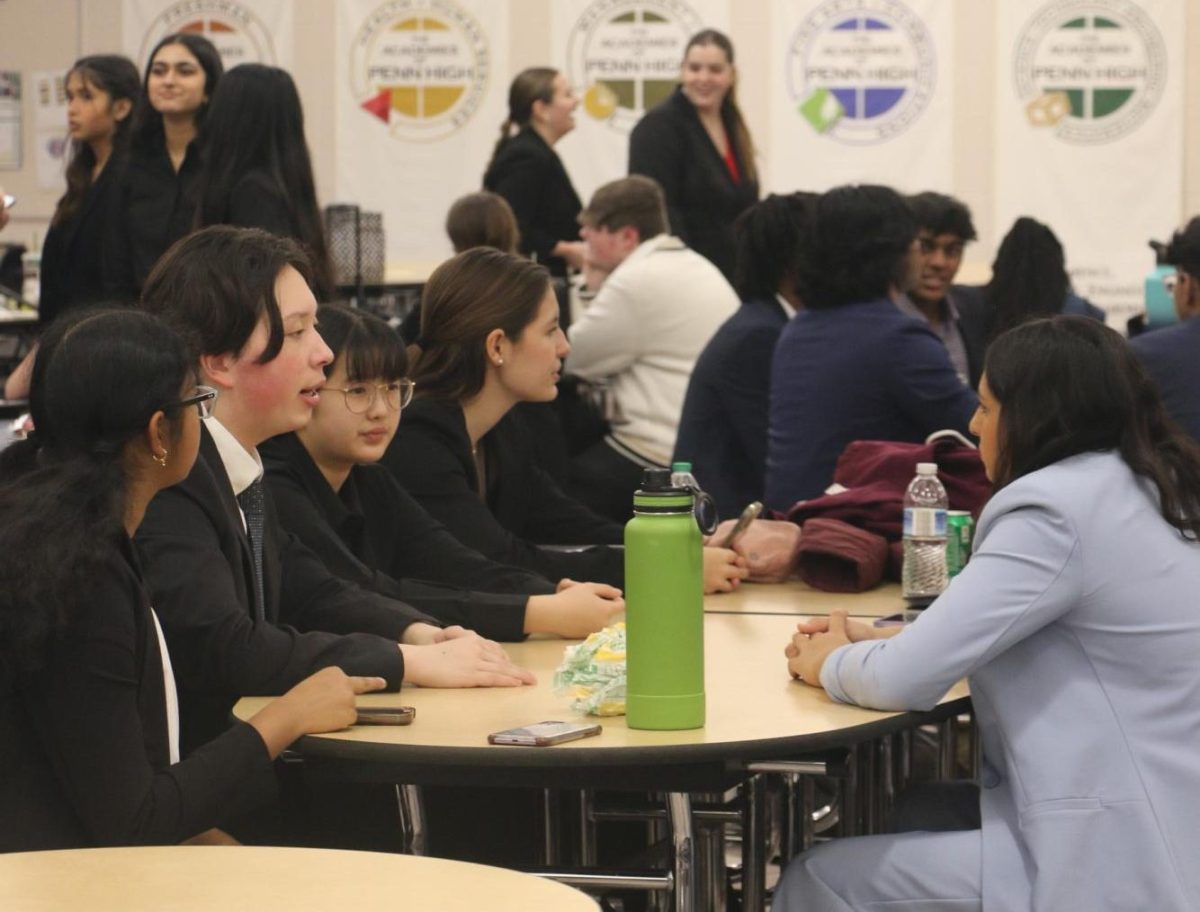
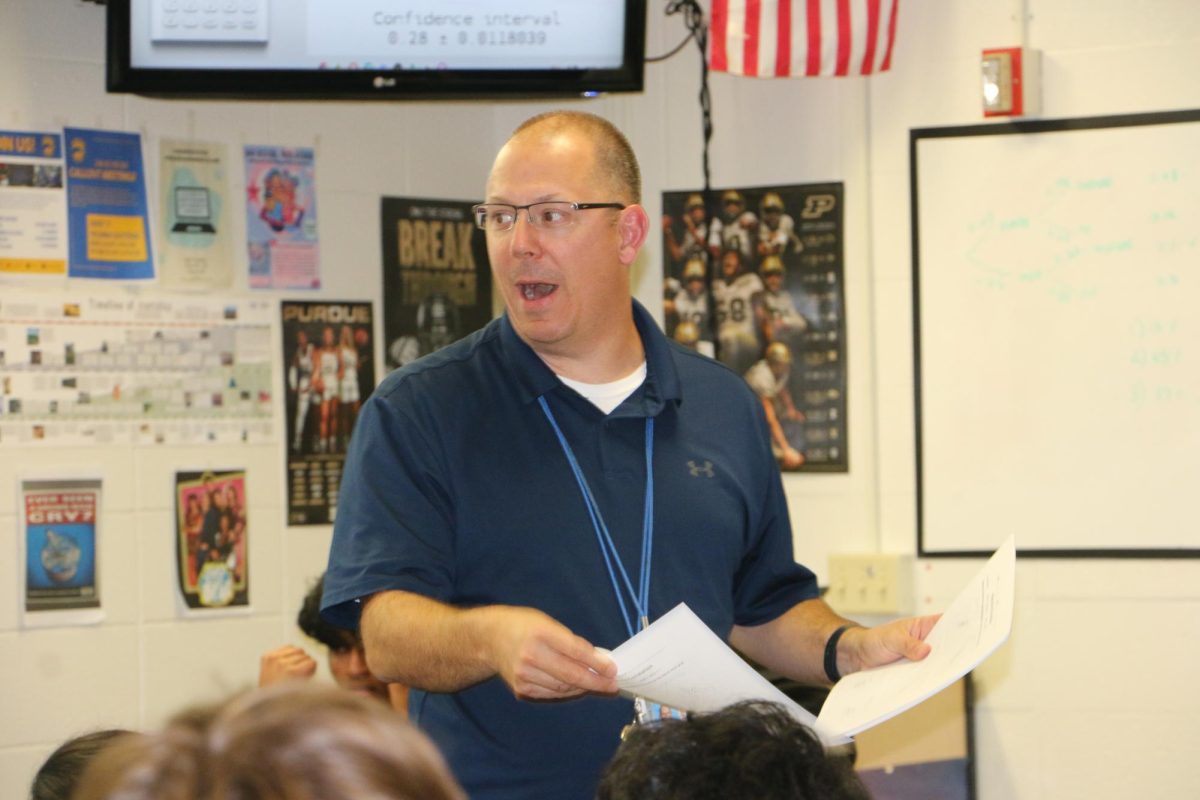








![Family vlogger controversy, need for content reform [opinion]](https://hilite.org/wp-content/uploads/2024/05/Screenshot-2024-05-14-11.33.37-AM-1200x465.png)
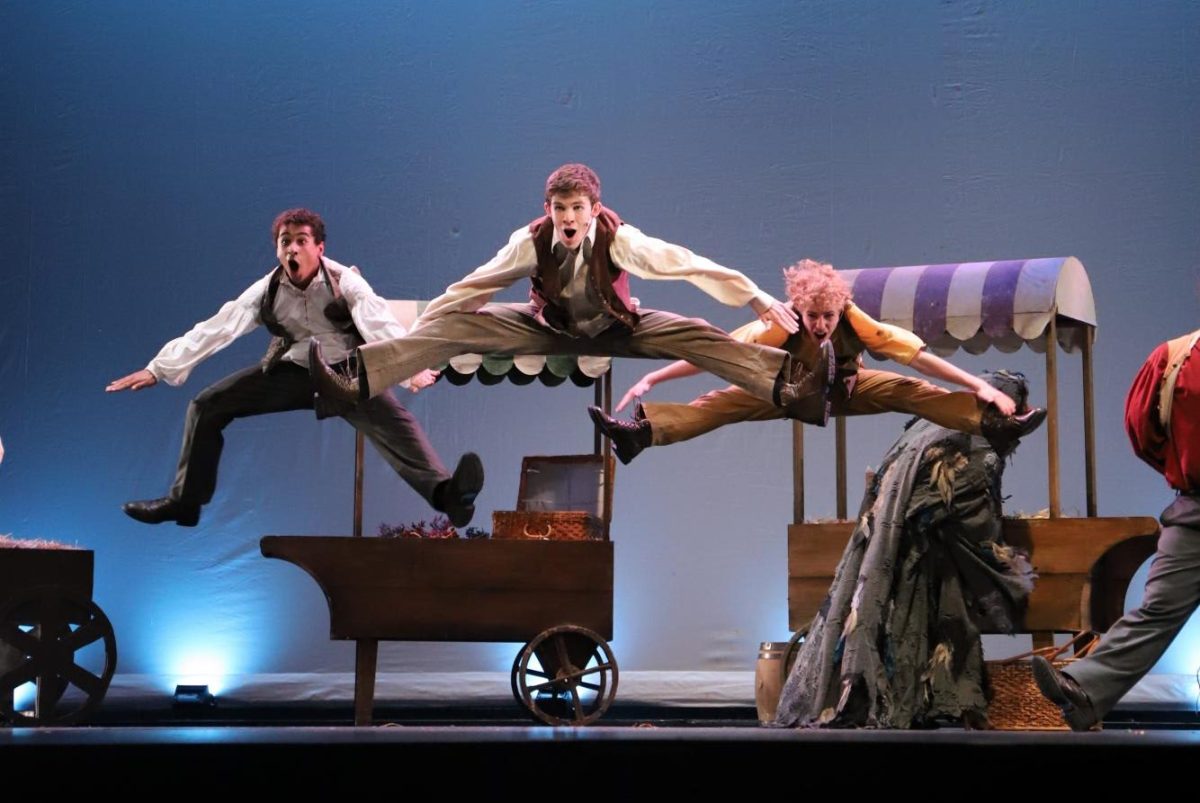
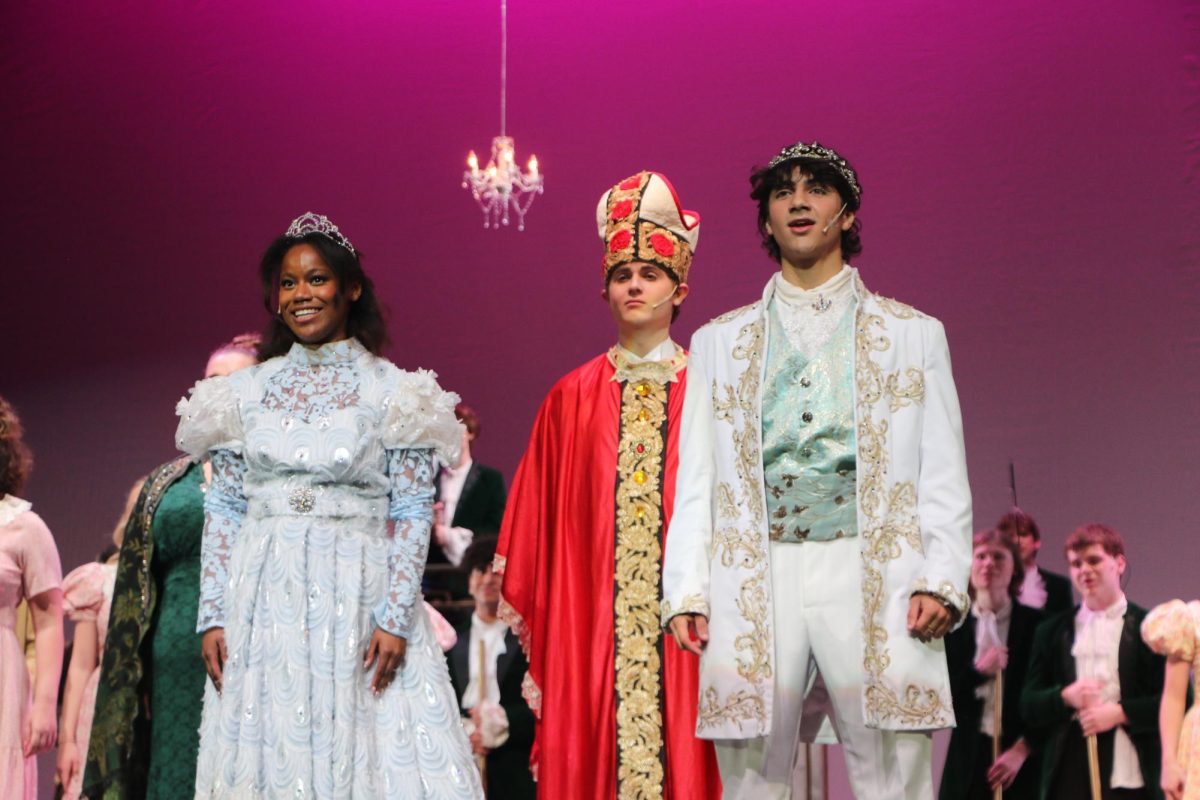




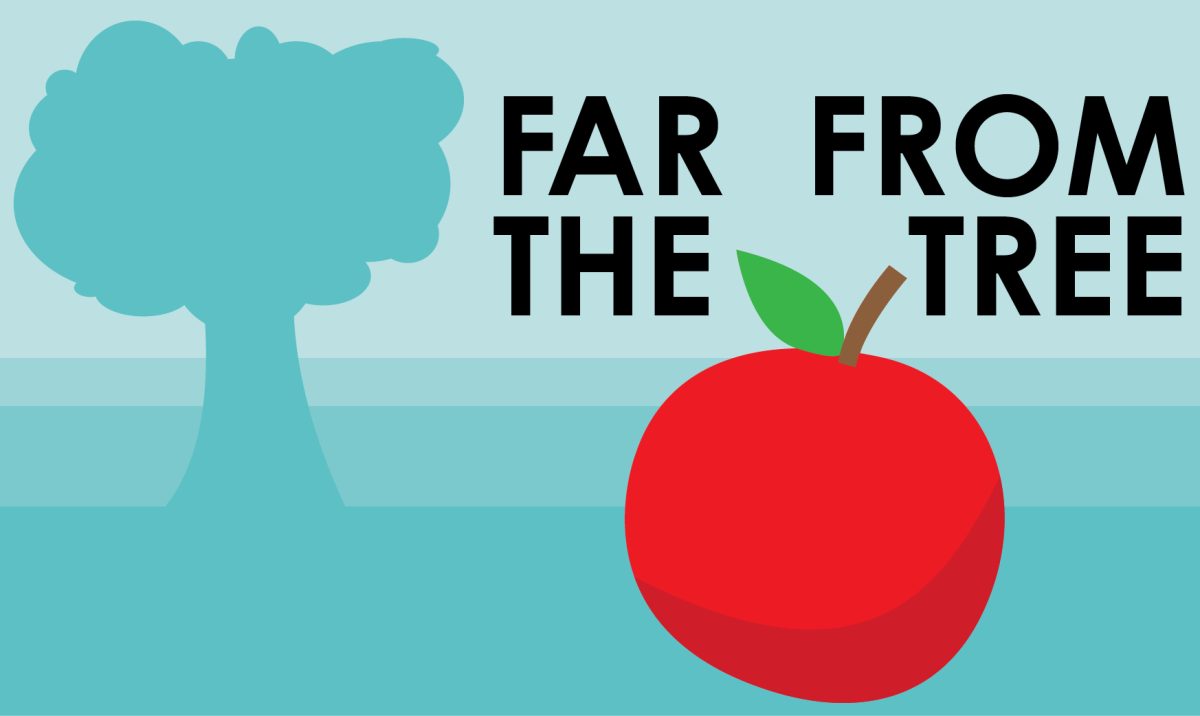

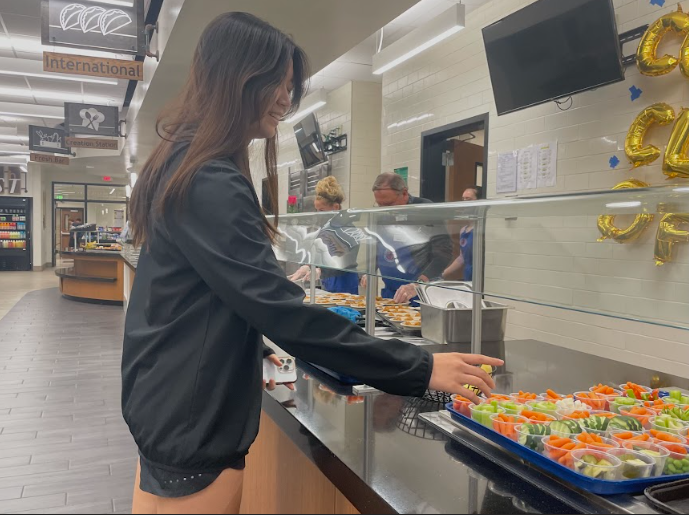





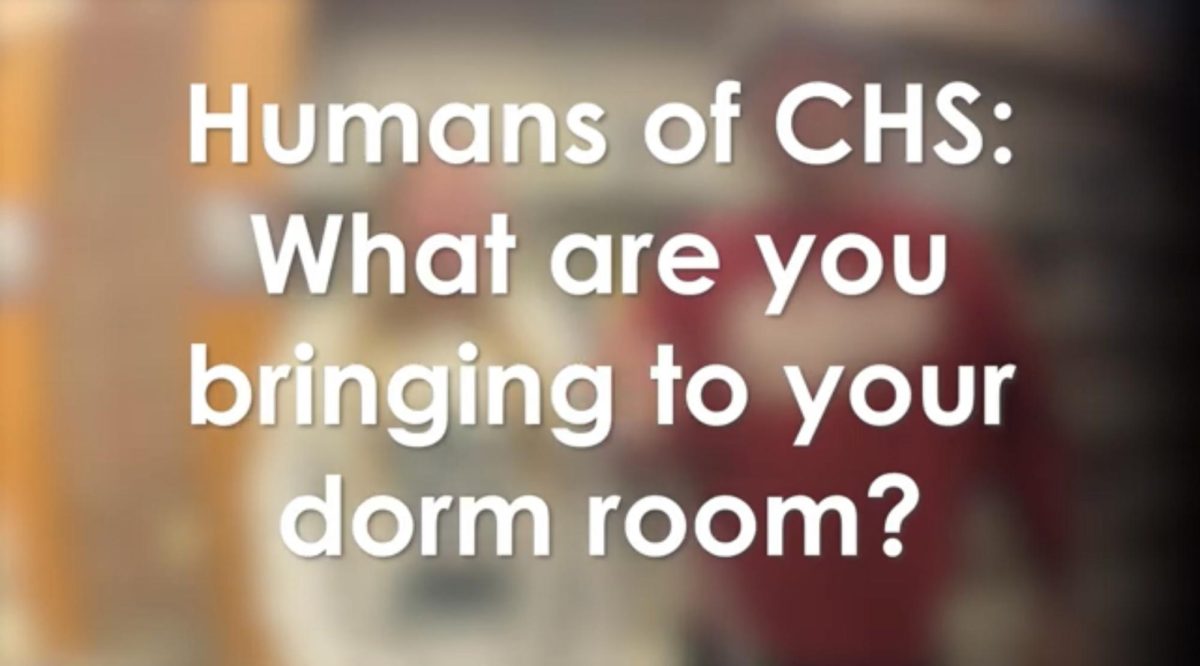









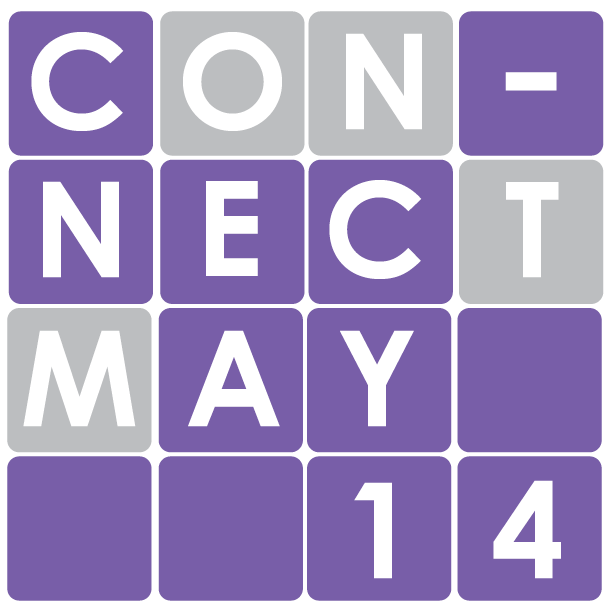

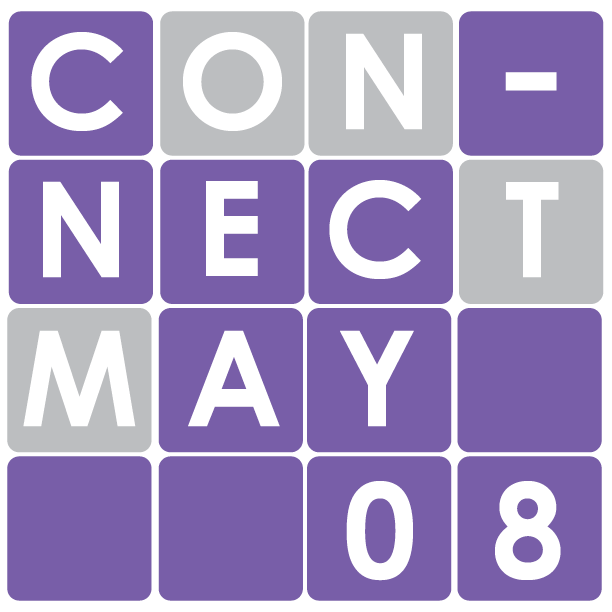

![Review: Taylor Swift’s new album The Tortured Poets Department is not her best work but is still a brilliant album [MUSE]](https://hilite.org/wp-content/uploads/2024/05/The-Anthology_Cover-1200x675.webp)
![Review: Challengers does it all [MUSE]](https://hilite.org/wp-content/uploads/2024/05/challengers-poster-1200x600.png)
![Review: A House of Flame and Shadow by Sarah J. Maas was a disappointing read [MUSE]](https://hilite.org/wp-content/uploads/2024/05/house-of-flame-and-shadow-feature.png)
![Review: Conan Gray’s new album, “Found Heaven”, is a refreshing twist on modern music [MUSE]](https://hilite.org/wp-content/uploads/2024/05/Screenshot-2023-10-31-at-16.01.05.webp)
![Review: “Bodies, Bodies, Bodies” is the quintessential Gen-Z movie [MUSE]](https://hilite.org/wp-content/uploads/2024/05/Screenshot-2024-05-15-140618.png)
![Review in Print: Maripaz Villar brings a delightfully unique style to the world of WEBTOON [MUSE]](https://hilite.org/wp-content/uploads/2023/12/maripazcover-1200x960.jpg)
![Review: “The Sword of Kaigen” is a masterpiece [MUSE]](https://hilite.org/wp-content/uploads/2023/11/Screenshot-2023-11-26-201051.png)
![Review: Gateron Oil Kings, great linear switches, okay price [MUSE]](https://hilite.org/wp-content/uploads/2023/11/Screenshot-2023-11-26-200553.png)
![Review: “A Haunting in Venice” is a significant improvement from other Agatha Christie adaptations [MUSE]](https://hilite.org/wp-content/uploads/2023/11/e7ee2938a6d422669771bce6d8088521.jpg)
![Review: A Thanksgiving story from elementary school, still just as interesting [MUSE]](https://hilite.org/wp-content/uploads/2023/11/Screenshot-2023-11-26-195514-987x1200.png)
![Review: When I Fly Towards You, cute, uplifting youth drama [MUSE]](https://hilite.org/wp-content/uploads/2023/09/When-I-Fly-Towards-You-Chinese-drama.png)
![Postcards from Muse: Hawaii Travel Diary [MUSE]](https://hilite.org/wp-content/uploads/2023/09/My-project-1-1200x1200.jpg)
![Review: Ladybug & Cat Noir: The Movie, departure from original show [MUSE]](https://hilite.org/wp-content/uploads/2023/09/Ladybug__Cat_Noir_-_The_Movie_poster.jpg)
![Review in Print: Hidden Love is the cute, uplifting drama everyone needs [MUSE]](https://hilite.org/wp-content/uploads/2023/09/hiddenlovecover-e1693597208225-1030x1200.png)
![Review in Print: Heartstopper is the heartwarming queer romance we all need [MUSE]](https://hilite.org/wp-content/uploads/2023/08/museheartstoppercover-1200x654.png)











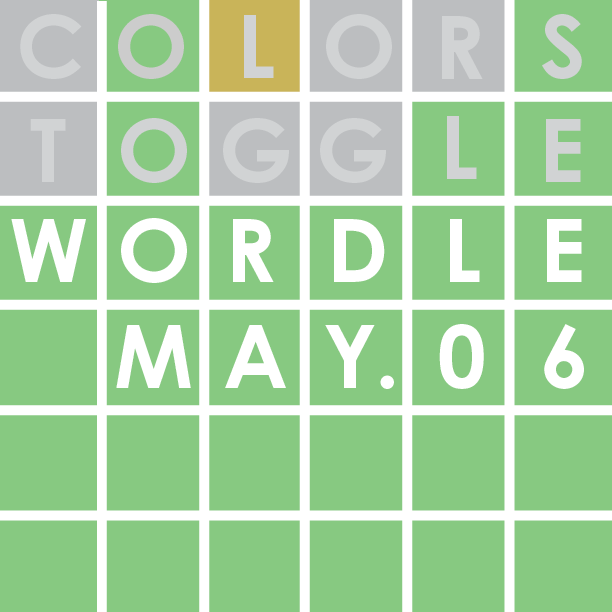

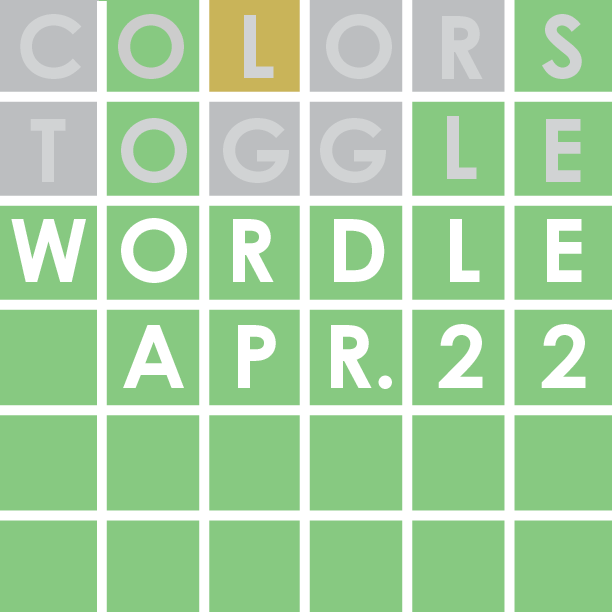








![Review: “Ginny & Georgia” is a dramatic and poorly made emotional rollercoaster–and I loved it anyway [MUSE]](https://hilite.org/wp-content/uploads/2024/03/ginny-and-georgia-season2-main-be37bbb9487a41e88b3f66c3baacd5c3-300x177.jpg)
![Review: Witch Hat Atelier is a masterpiece in art and world-building, but the story has only begun [MUSE]](https://hilite.org/wp-content/uploads/2024/01/unnamed-211x300.png)
![Review: “Mysterious Lotus Casebook” is an amazing historical Chinese drama [MUSE]](https://hilite.org/wp-content/uploads/2024/03/0-300x170.webp)
![Review: “A Little Life” by Hanya Yanagihara is the epitome of a heartwrenching masterpiece [MUSE]](https://hilite.org/wp-content/uploads/2024/01/unnamed-5-300x200.png)



